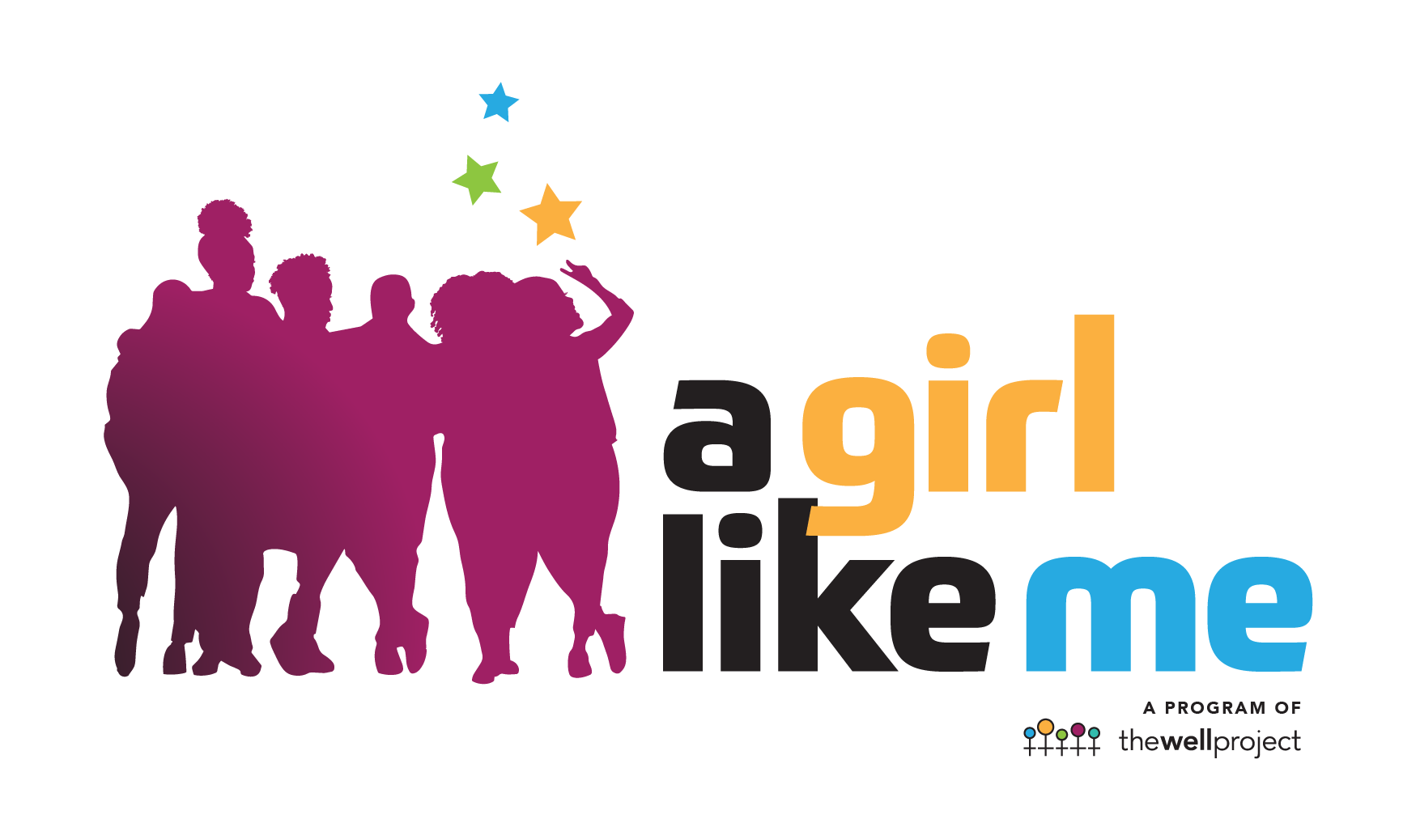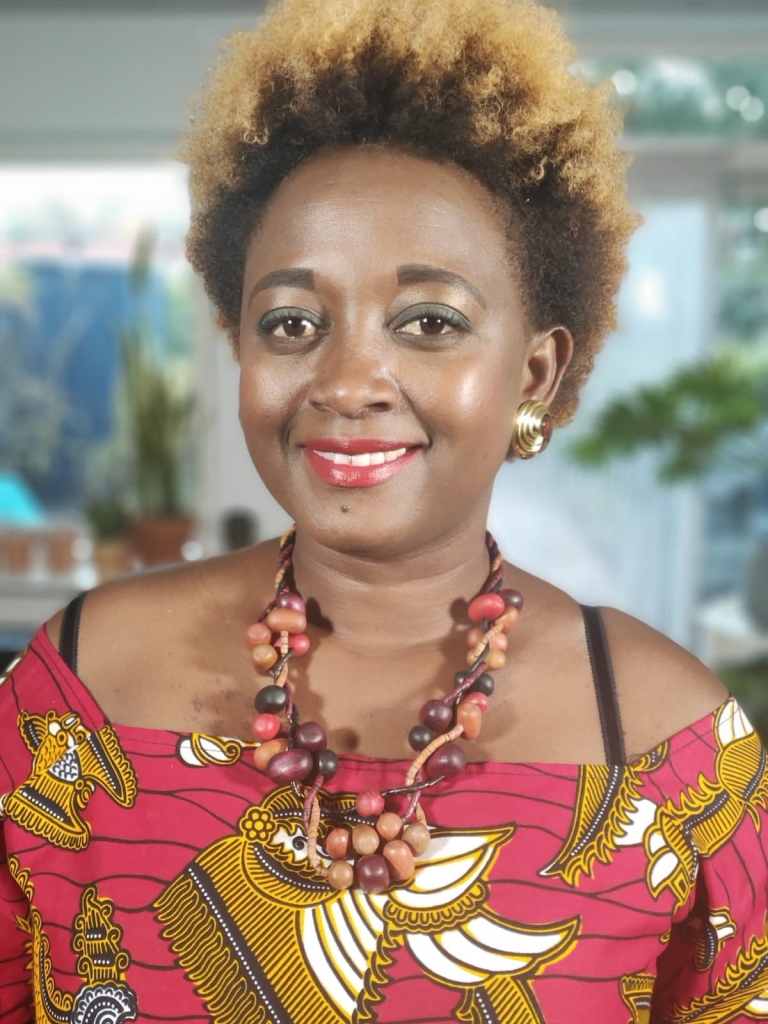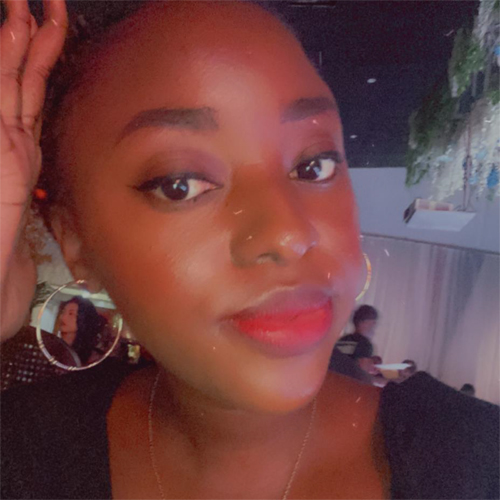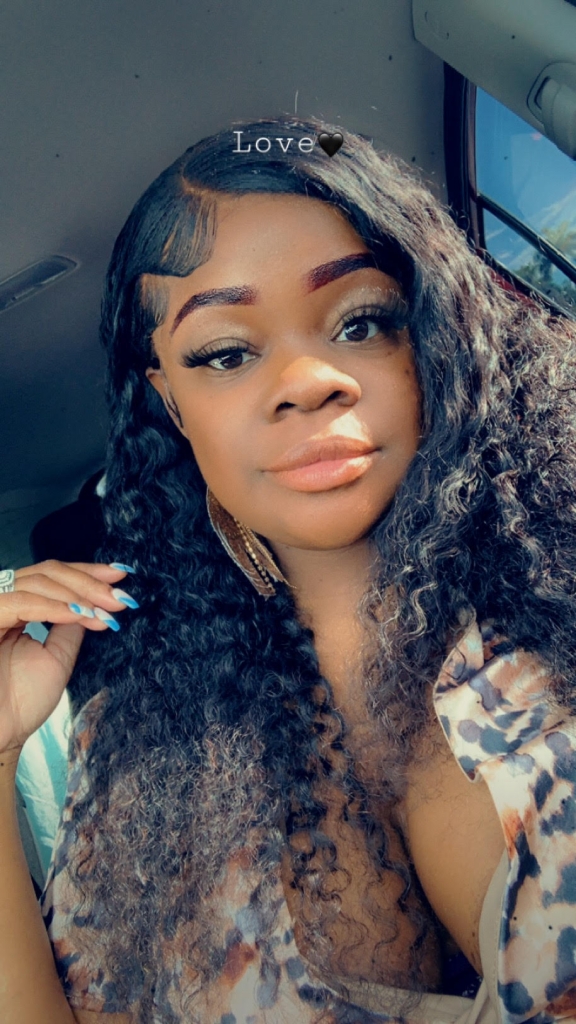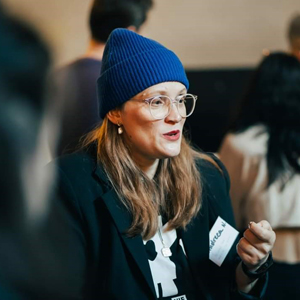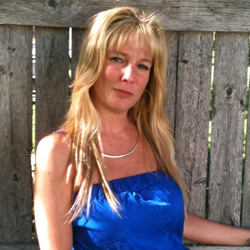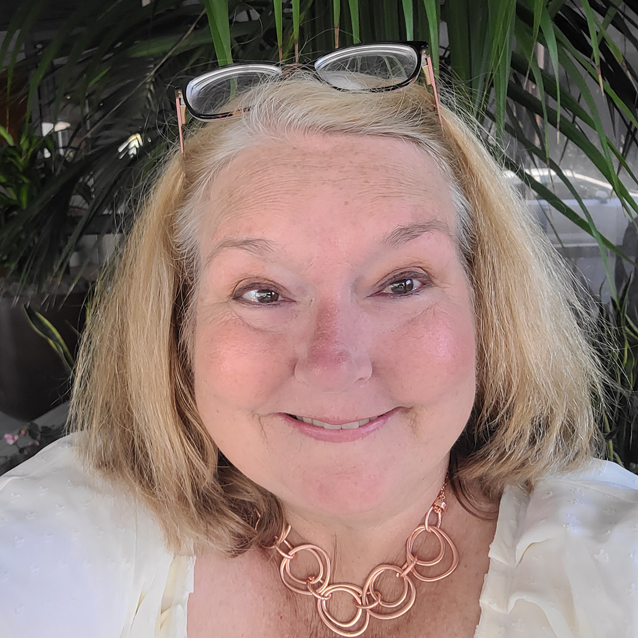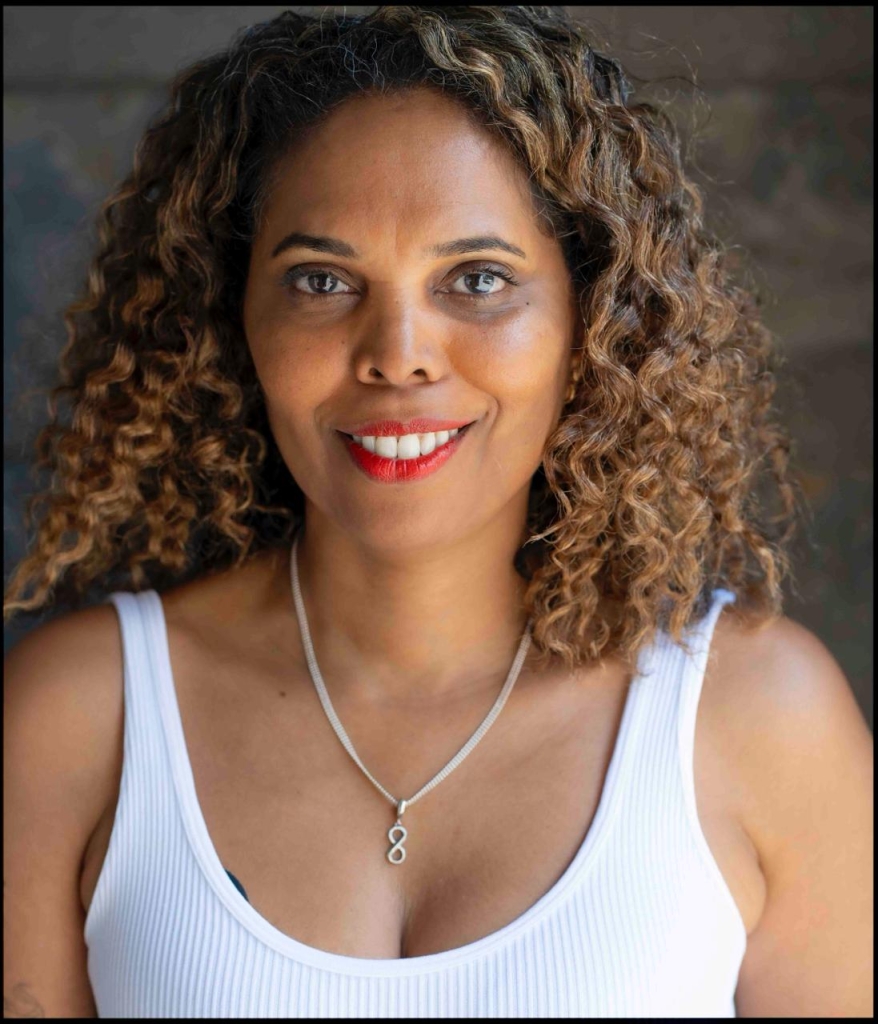Before we even heard of COVID-19, people living with HIV or AIDS were already facing stigma and discrimination as I experienced and shared with you regularly with healthcare providers throughout the years. Many more people started facing stigma when COVID-19 came along in many ways, and this made things for people living with HIV or AIDS even worse.
I would like to share my experience during this period and how I overcame the stigma and helped the healthcare provider to open up her eyes and take into account what her actions can mean for others. In January I needed to do a CT scan and they happened to find something on one of my lungs. For my entire life I never had to see a pulmonologist (lung doctor) before, so on 12 February I met one for the first time.
I was nervous and curious at the same time. I am used to visiting hospitals for many check ups and doctors have always welcomed me through a hand shake. It was at a time when in the Netherlands there were no rules yet on how to behave in these different times. So we all still went about our business as usual and every doctor I met was still shaking hands. So I had quite a big expectation of warm greetings from this doctor since it was our first meeting.
When I gave my hand, she rejected me by saying "Oh no no, I don't shake your hands, there are many viruses around. I don't dare to be infected!" I immediately felt confused and started thinking and asking myself what she meant by many viruses? I don't have Corona, I don't have flu, the only virus I have is my HIV. Since she read my medical file she knew what kind of virus I have. So this made me start doubting her words. Why would she talk to me as if I am very dangerous to her? Did she mean that my virus would jump to her by shaking hands? I really needed to find the reason behind her behaviour.
A week later some hospitals started introducing information on not shaking hands. But there was still not yet a strong medical protocol in place. So I went back to see my HIV Doctor, and this was also a new person as my previous doctor had left recently. So on 28 February I met her for the first time, and I was not expecting to shake hands. But, when she introduced herself, she said "Hello, I am not supposed to shake hands but since this is our first meeting I make an exception and I feel comfortable about it". This is when I explained my experience with the lung doctor and how hurt I felt. So she advised me to better talk to her again.
Afterwards, this whole episode with the lung doctor kept on playing in my mind; how she did not show empathy during our conversation, and how she also failed to really answer any questions on the diagnosis. I went completely crazy, and I decide to see my GP first to explain the results of the scan better to me. My GP explained very clearly and then I shared with her how I felt about the lung doctor, and she also advised me to go back and talk.
I waited until May, and I finally got an appointment this week. I was very calm, and not angry but curious. I told her that the main reason I came back was to talk to her how I felt last time we met. I asked her what she meant by saying "many viruses". I explained that by the time we met I did have only one virus, HIV. That sometimes I get discriminated in hospital because of that. She was completely in shock and said "I am sorry I meant to say flu, coronavirus, not HIV". Then I said "Well, you should have been specific, because telling somebody with the HIV virus that you don't shake hands because of many viruses, from experience I immediately understood that you meant HIV virus since I did not have corona or flu". She said five times sorry, "I am sorry I was not aware that people can get it wrong when I say virus. But you are right, I should have said flu or corona".
I explained that we often face stigma as some people still believe they can get HIV virus by shaking hands, that what she said really bothered me. But that I did not want to accept this, and I needed to find out what she meant. She thanked me and said, "You are a strong woman to come back and talk about this with me, you taught me a lot and I am going to use it with the next patients". I told her that I did not do it for myself, I want to prevent this from happening to other patients like me. Not everyone will dare to challenge a doctor on this, especially my African migrants. And they will go home and feel bad, confused and get depressed by this. But I choose to clear my path before I move on. I need us to be clear and make sure we understand each other.
An important lesson learnt for her is that language matters. I am sure next time she will take into account which words to use when communicating with patients like me so then they don't feel offended!
Peace, Eliane
This blog was originally posted on hivstigmafighter.


